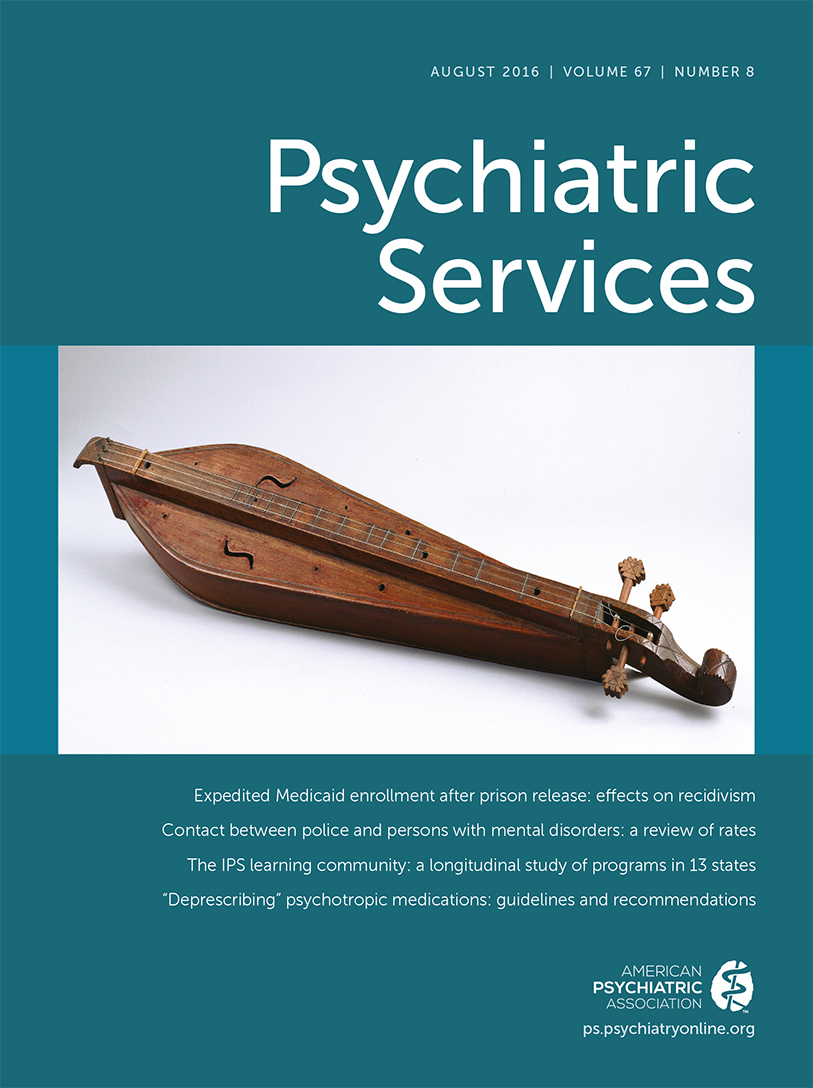Abstract
Objective:
This study examined postrelease patterns of Medicaid coverage and use of services among persons with severe mental illness who were referred for expedited Medicaid enrollment before their release from state prisons, county jails, and psychiatric hospitals in Washington State during 2006, the first year of a new policy authorizing this practice.
Methods:
A retrospective cohort design was used with linked administrative data to identify persons with severe mental illness (schizophrenia, bipolar disorder, or major depression) who were referred for expedited Medicaid enrollment from state prisons (N=252), county jails (N=489), and psychiatric hospitals (N=507). For each cohort, logistic regression was used to compare those who were approved for expedited Medicaid with those who were not approved; for the 30-, 60-, and 90-day periods after release, Medicaid enrollment status and use of outpatient mental health services were also compared.
Results:
Approval rates were higher for persons released from psychiatric hospitals (91%) and state prisons (83%) than for those released from jails (66%) (p<.001). Across settings, approval was more likely for those with a diagnosis of schizophrenia and for women (p<.001), as well as for whites and older offenders (p<.01). At the 90-day follow-up, those who were approved were more likely than those who were denied to be enrolled in Medicaid (p<.001) and to have used outpatient mental health services (p<.001).
Conclusions:
Expediting Medicaid benefits for persons with severe mental illness was associated with increased enrollment and outpatient mental health service use in the 90 days after release from state prisons, county jails, and psychiatric hospitals in Washington State.



